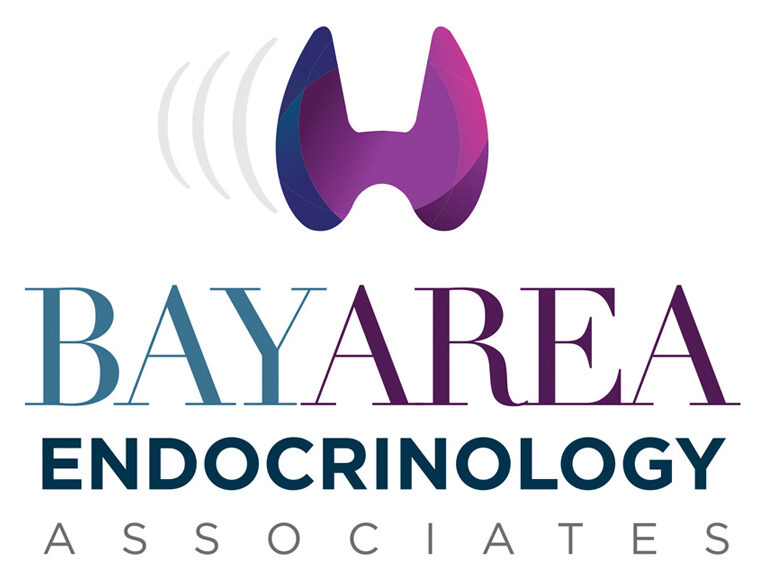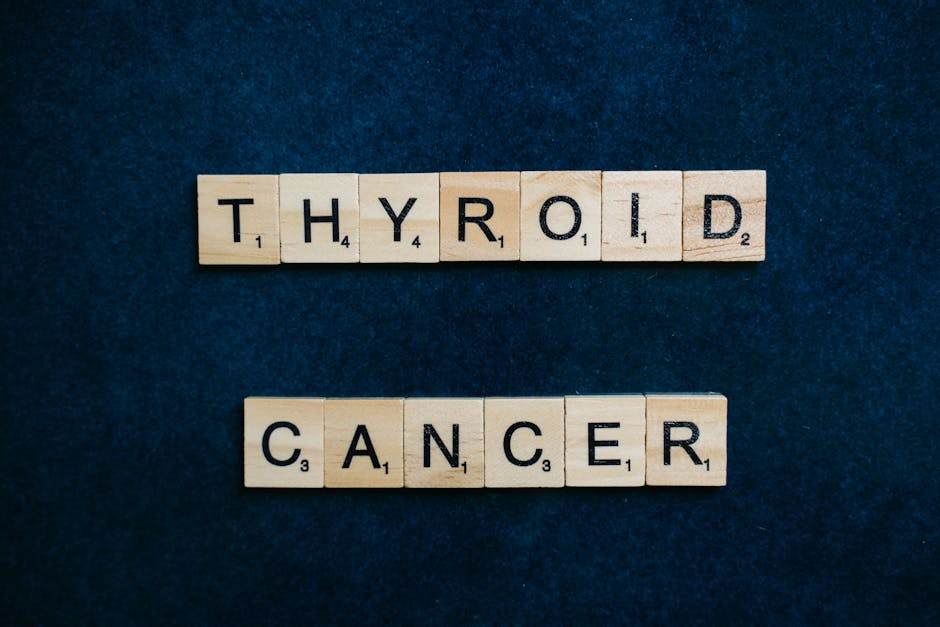When all is going well, you probably don’t think too much about your thyroid. The hormones that this gland releases, however, contribute to many important bodily functions. These include, but are not limited to, breathing, controlling your heart rate, regulating your body temperature and maintaining healthy cholesterol levels. Hashimoto’s thyroiditis is an autoimmune disorder that attacks thyroid tissue, making it difficult or impossible for your thyroid to function properly. Fortunately, Hashimoto’s is easily treatable.
What is Hashimoto’s Thyroiditis?
In people with Hashimoto’s, the body turns on itself an attacks thyroid tissue in the same way it does bacteria and viruses. This causes the thyroid to become inflamed and irritated. Most people don’t feel any pain or discomfort in the thyroid area directly, but that doesn’t mean you won’t notice a problem. Inflamed thyroid tissue struggles to function and often can’t do so. As a result, the thyroid releases less of the hormones the body requires. This leads to a wide variety of problems and symptoms throughout the body, many of which you can easily mistake for something other than thyroid trouble.
Causes of Hashimoto’s
Doctors and scientists don’t know for sure what causes Hashimoto’s thyroiditis. Some feel that bacteria and viruses trigger the condition while others blame genetic flaws. Women experience Hashimoto’s seven times more oftenthan men, suggesting that hormones may play a role. Other theories include excessive amounts of iodine in the body and radiation exposure. Age plays a role, as well, with most new cases of Hashimoto’s diagnosed in middle age.
Hashimoto’s Symptoms
In its early stages, Hashimoto’s thyroiditis often fails to cause any symptoms. You may also feel fine but notice unexplained swelling in your throat. You’re also likely to feel tired and run down. Other symptoms include:
- Puffiness in the face
- Difficulty getting and staying warm
- Constipation
- Brittle nails
- Hair loss
- Stiff joints
- Muscle weakness
- Enlargement of the tongue
- Unexplained weight gain
- Excessively long menstruation
As you can see, the symptoms of Hashimoto’s are quite varied and you can easily mistake some of them for other issues. This disease may also present as hypothyroidism (an underactive thyroid gland) because the inflammation limits the thyroid’s ability to function. While these issues by themselves don’t always point to thyroid problems, it’s important to visit your doctor if you’re experiencing them. If your doctor can’t find the cause, it’s time to see an endocrinologist.
Diagnosis
Diagnosing Hashimoto’s thyroiditis requires medical testing. Your Tampa endocrinologist will perform blood test to check the amount of thyroid hormone in your blood. If your thyroid isn’t working properly because of Hashimoto’s, your thyroid hormone levels will test low while your pituitary hormone levels will read high. This happens because your pituitary gland will increase hormone production in an attempt to stimulate your thyroid and spur it to action.
Your doctor will also check your blood for certain antibodies. Antibodies are proteins that your body makes when you fight an infection. These antibodies attach bacteria and viruses to keep you safe and healthy. Hashimoto’s thyroiditis is an immune disorder in which your body will make antibodies that erroneously attack the body’s own tissue. Your doctor will look for specific thyroid-attacking antibodies as part of the diagnostic process.
Thyroid Treatment
In mild cases of Hashimoto’s thyroiditis, your doctor may suggest doing nothing. So long as your thyroid continues functioning properly, he may see no reason to intervene. Instead, he’ll likely monitor you with periodic blood tests to keep an eye on your thyroid in case you need treatment in the future.
If you need treatment now, your doctor will prescribe synthetic hormones to boost your levels and restore balance in your body. You will receive this medication through a pill or as a periodic injection. Although you should expect to need this medication for the rest of your life, it will regulate your hormone without intrusive side effects or the need for surgery or more complicated treatments. When treatment begins, your endocrinologist will want to see you for a blood test in a few weeks to make sure your medication dosage is correct. After this initial dosage verification, you’ll likely need annual blood tests. If your Hashimotos’ progresses over time, your doctor will adjust your medication dosage as needed.
Complications
After a diagnosis of Hashimoto’s thyroiditis, it’s crucial that you follow your endocrinologist’s instructions and take your medication as prescribed. Hashimoto’s is fairly easy to control with a drug regimen, but it can cause serious complications if left untreated. You could develop a large mass called a goiter in your throat. Goiters are unsightly and can interfere with swallowing and breathing. Because thyroid hormones help regulate cholesterol, a lack of them can increase your LDL (bad) cholesterol and lead to heart problems.
Pregnant women with uncontrolled Hashimoto’s experience an increase in the likelihood of birth defects and anyone can develop depression or other mental health issues. Although rare, people with untreated Hashimoto’s may also experience a life-threatening medical emergency known as myxedema. Triggered by stress on the body such as cold temperatures or infection, myxedema causes extreme drowsiness and lethargy followed by unconsciousness and possible death.
Although Hashimoto’s disease can cause serious problems and complications if left untreated, it’s easy to diagnose with simple blood tests and just as easy to treat. if you’re feeling under the weather and can’t figure out why, visit a local Tampa endocrinologist to check your thyroid. The sooner you get the answers you need, the sooner you can get back to feeling good and living a healthy life.







